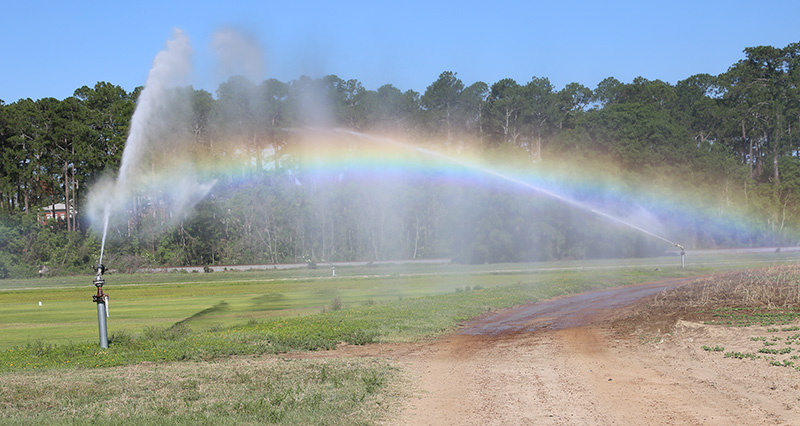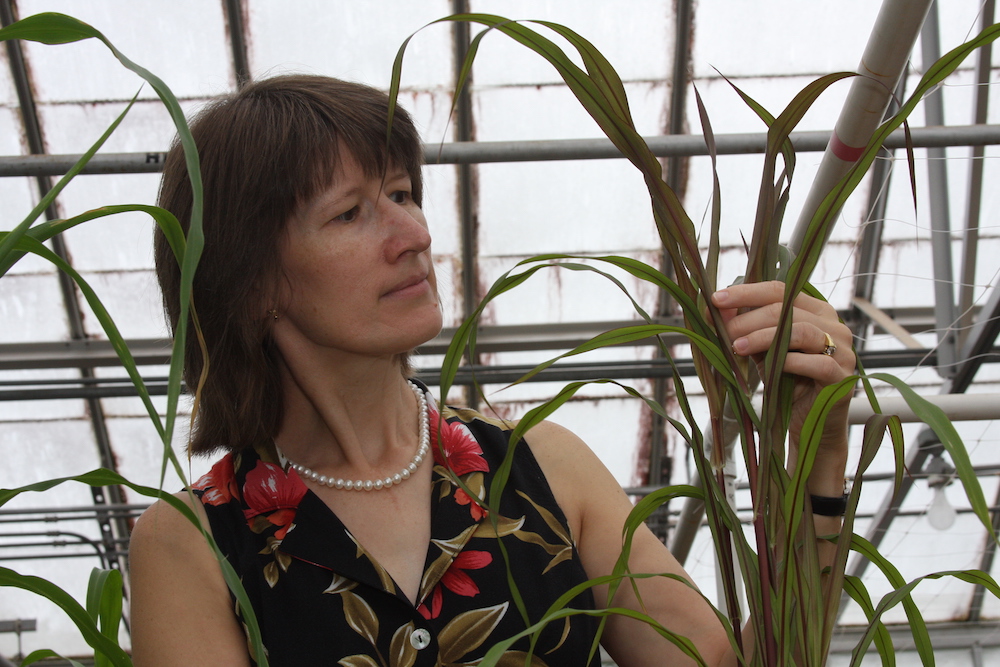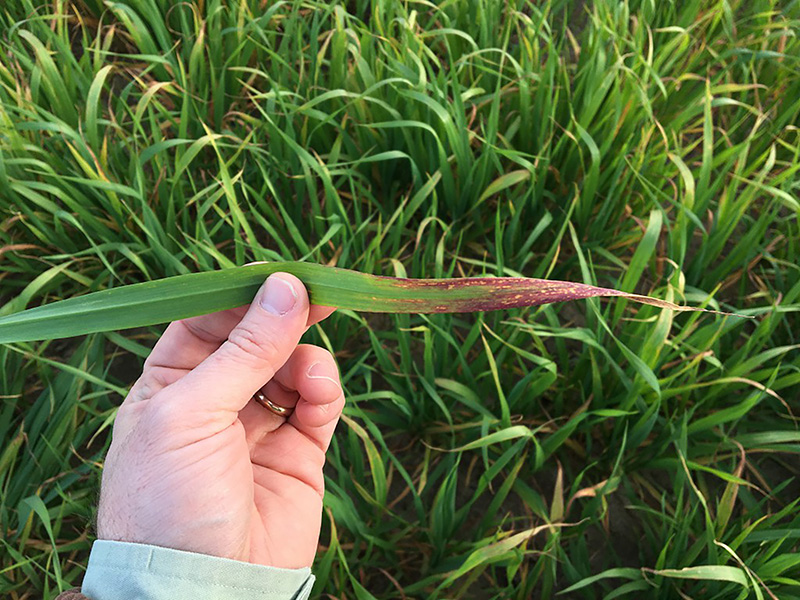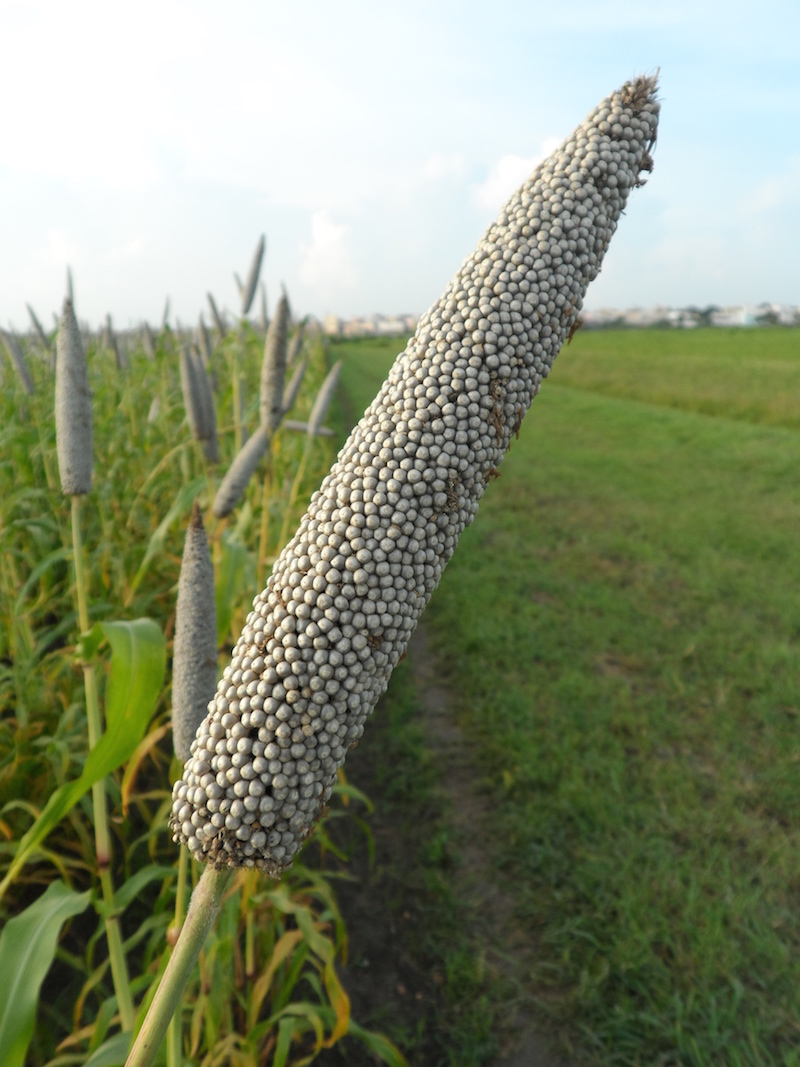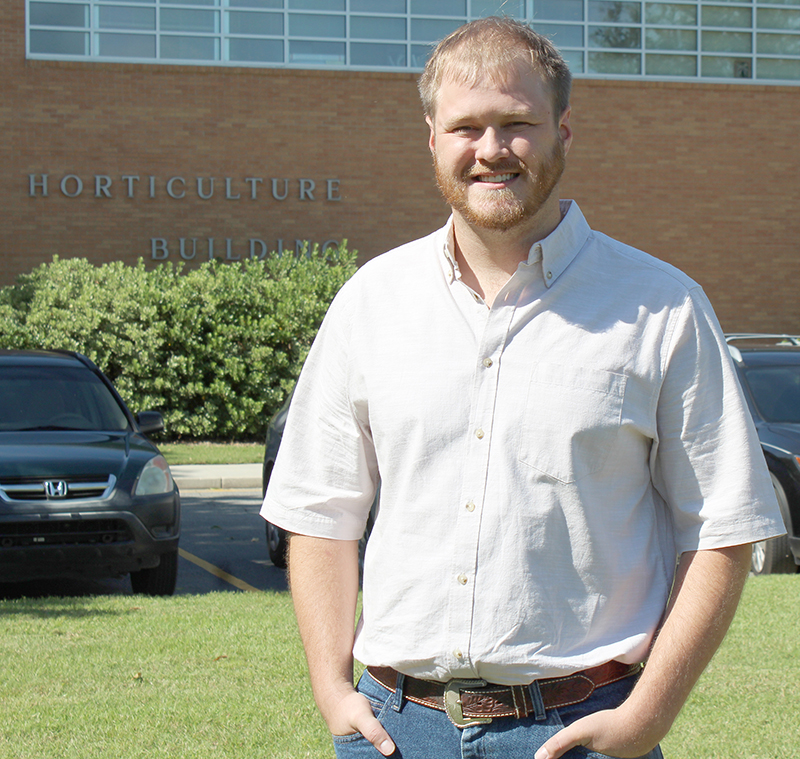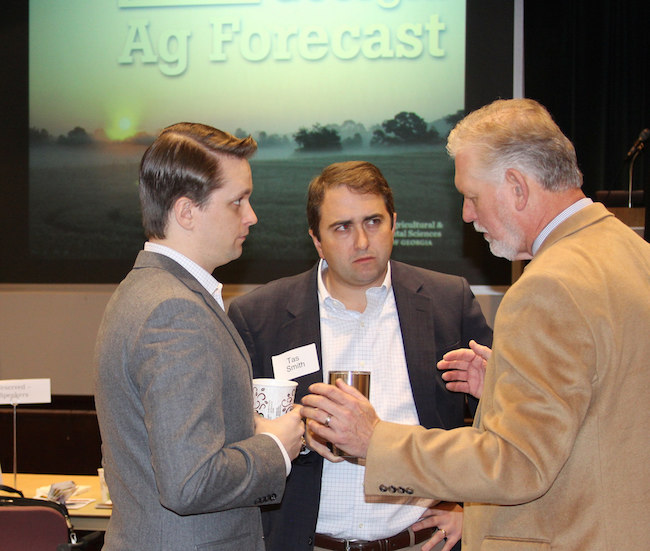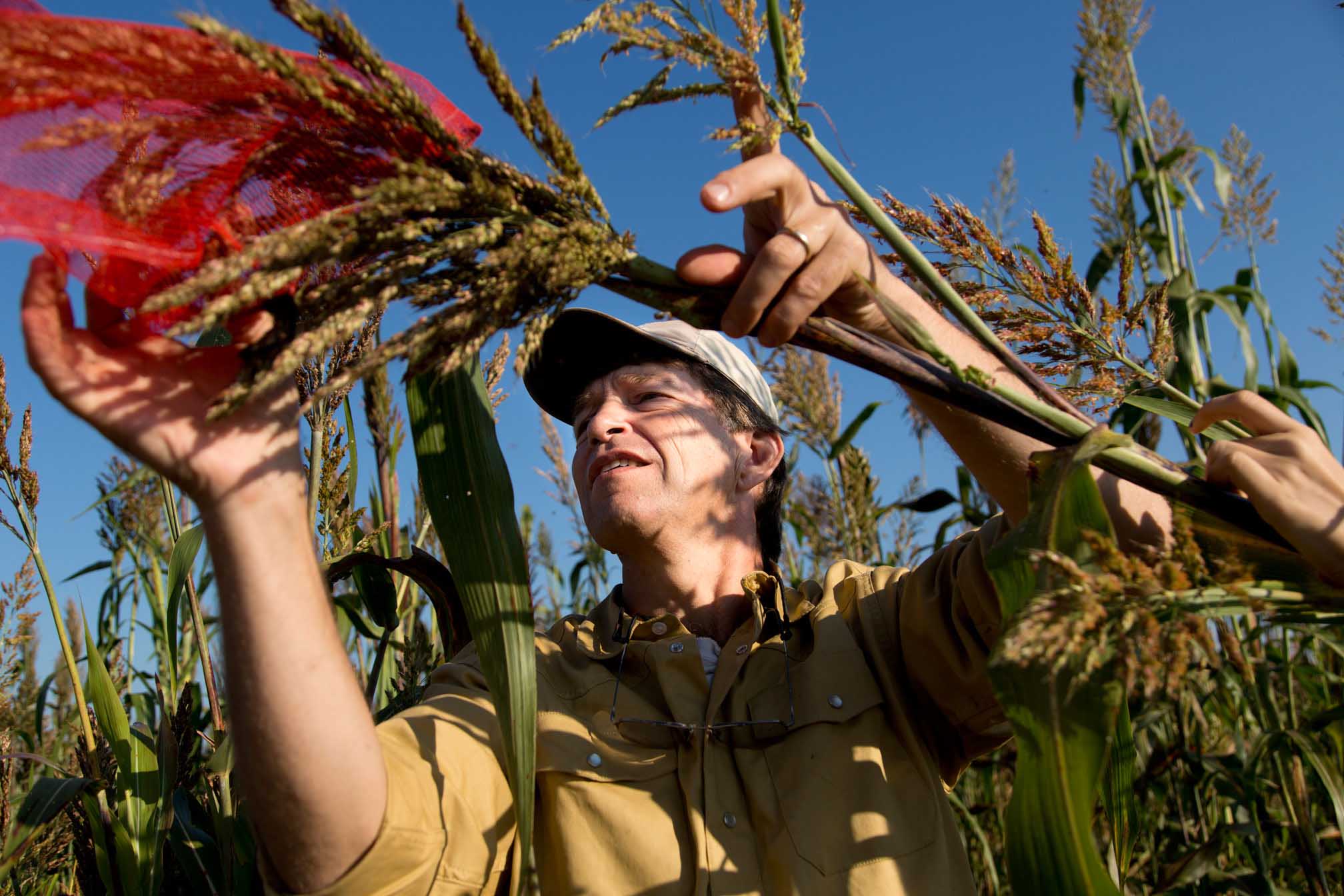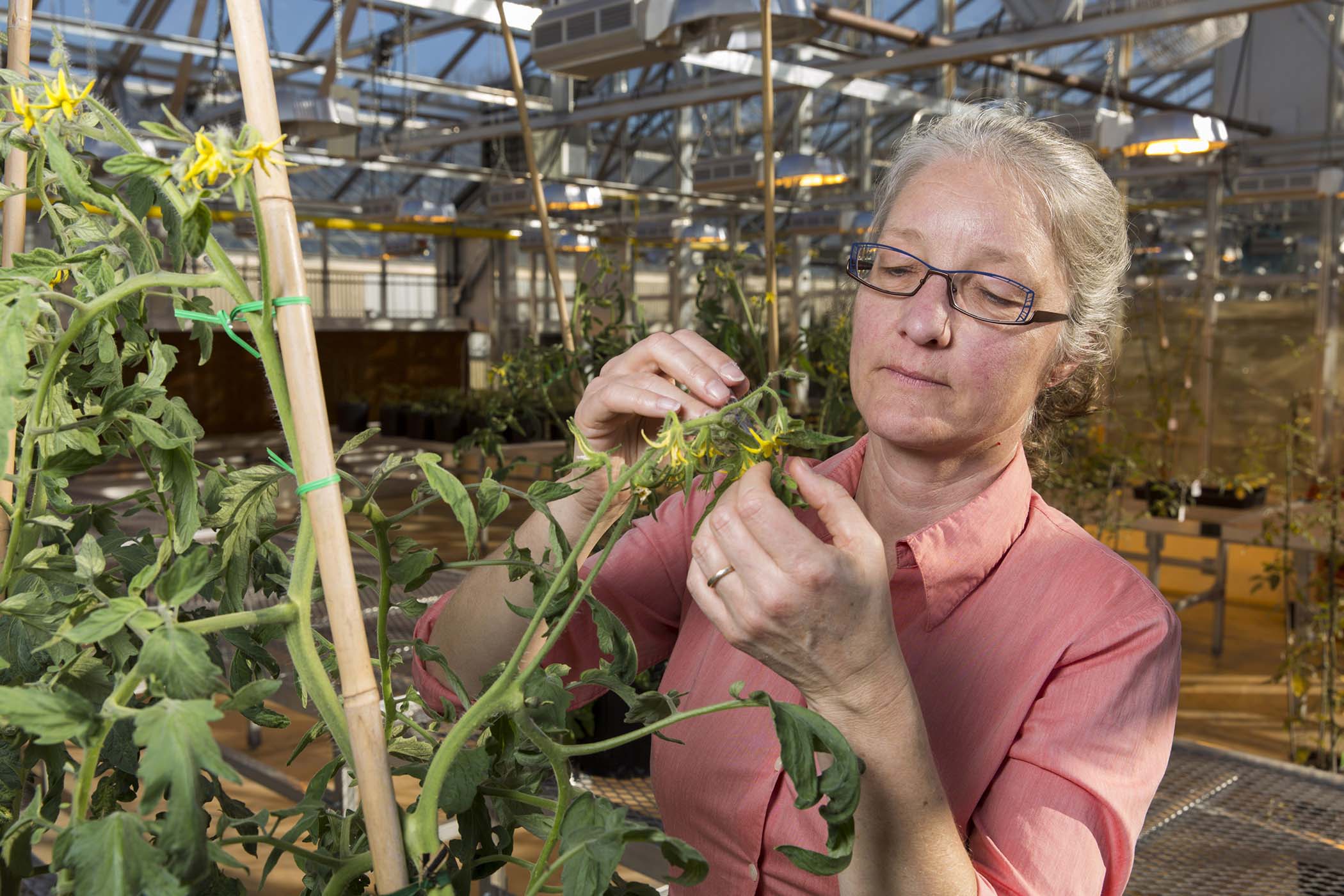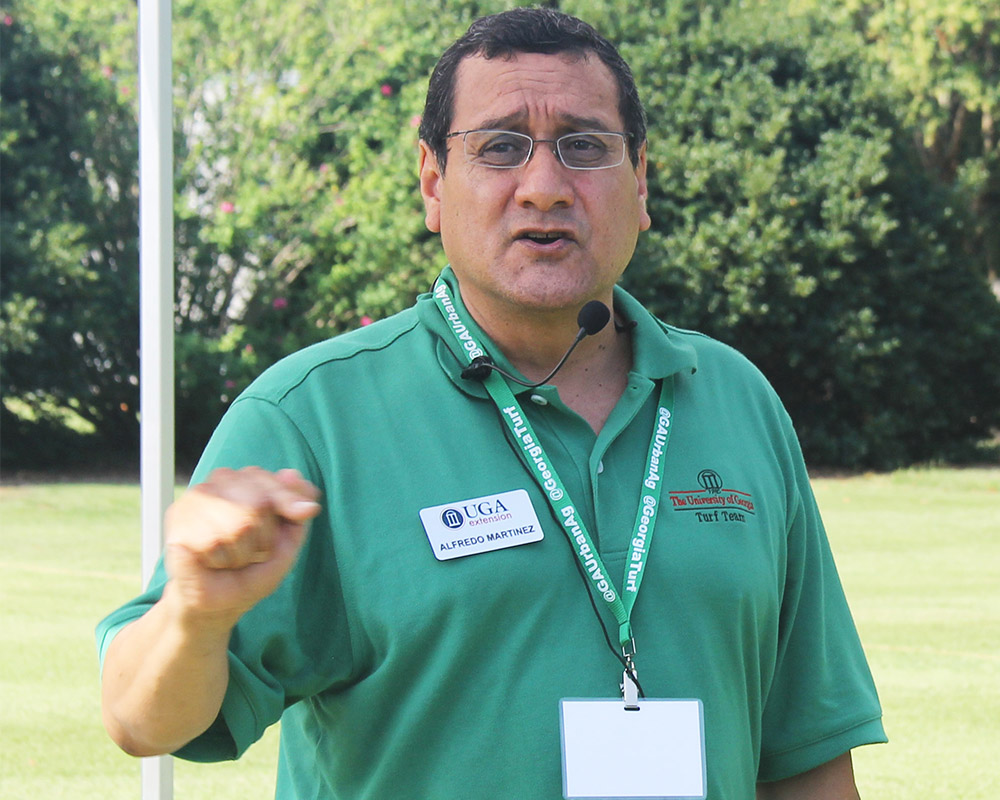 CAES News
CAES News
Excellence in Extension
It is said that if you find a job you love, you will never work a day in your life. For Alfredo Martinez-Espinoza, this has come true through his work as a plant pathologist with University of Georgia Cooperative Extension. His passion and hard work have been recognized with the American Phytopathological Society’s (APS) 2021 Excellence in Extension award.

